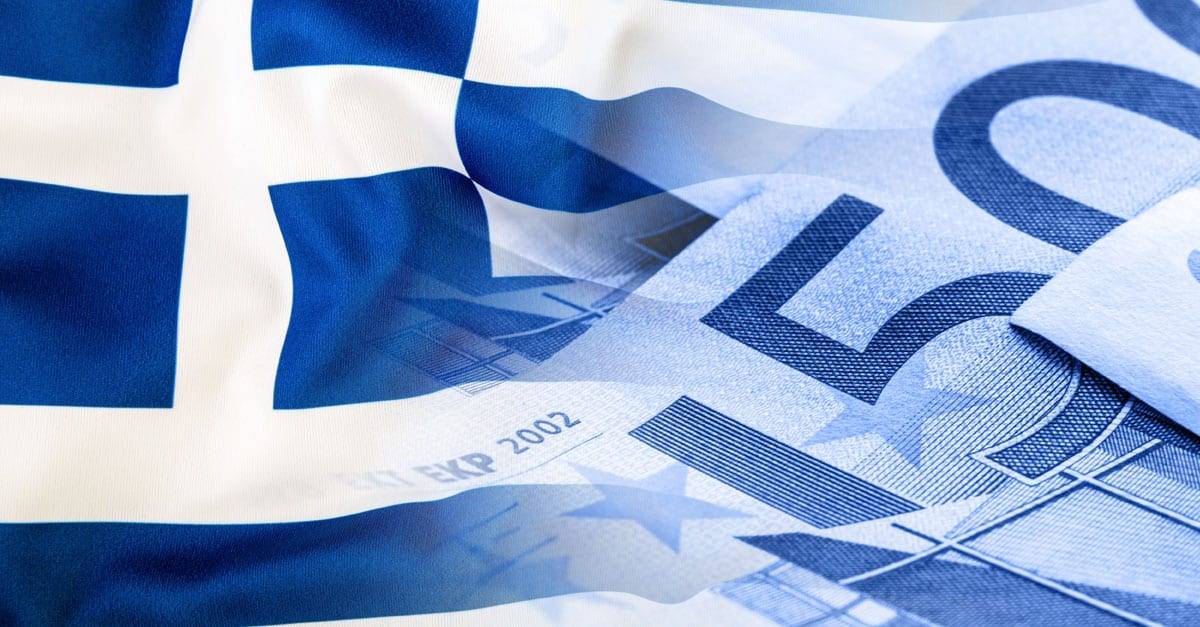Greek government bonds were once ridiculously referred to as ouzo bonds – because the yield on the debt securities, as a result of the extreme risk surcharges, was 40% – similar to the alcohol content of the Greek national drink. The Athens stock index plunged from 2200 to 820 points. This development was also part of the crisis period of 2009–2018. Eight years ago, Greece, as a member of the eurozone, had to be saved from the threat of state bankruptcy with billions of dollars in loans from its euro partners.
Politics as a Basis for economic Stability
Nowadays, however, the price on the Acropolis Stock Exchange is going steeply upward. Since the beginning of the year, the leading index, Athex Composite, has registered an increase of 40.5%. This makes the Greek stock market one of the best performers in the world. The budget is consolidated, and Greece is reducing its debt rate faster than any other eurozone country. The new economy and finance minister of Athens, Kostis Chatzidakis, said with satisfaction: “We are no longer the black sheep of Europe.”
Foreign investors are also watching the situation. According to calculations by the financial news agency Bloomberg, in the first four months of this year, 3.4 billion euros have flown from abroad into Greek shares and bonds. By the end of the year, market observers estimate that the inflows are expected to rise to more than 10 billion euros. Politics plays a role here. With the June election victory, the one-party government continues its work. Prime Minister Kyriakos Mitsotakis (Party of New Democracy), who has been in office since 2019, has stabilised the country politically.

Consolidation and Debt Relief
Rising demand for Greek government bonds is driving prices up. The economy is flourishing, and chronically high unemployment rates are declining. Since 2019, the unemployment rate has fallen from 17.6% to 11.1%, and the number of jobs has increased by 19% in the same period. A recession is not in sight; the European Central Bank forecasts Greece to grow by 2.4 percent this year. That would be more than twice the average for the euro area.
Elevate Your Wealth Game: Empowering UHNWIs for Simplified Asset Management. Altoo Platform Preview
Economic growth and fiscal consolidation help reduce debt. In the primary budget, which blocks interest payments, Greece generated a surplus of 2.1 billion euros in the first six months, compared to a deficit of 3.4 billion euros in the previous year’s period.
Good Agency Ratings
The German rating agency Scope awarded Greece the “Investment Grade” award on Friday evening. The agency raised the country’s credit rating to “BBB-“. Previously, the rating was “BB+” and therefore associated with a high risk of failure. After the Japanese rating agency Rating and Investment Information (R&I) was first pressured recently, expectations are rising that the three major rating agencies, Moody’s, S&P, and Fitch, could also follow and rank Greece as worth investing in again.









